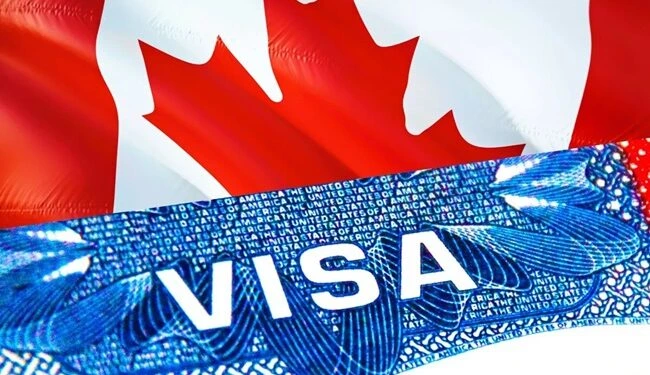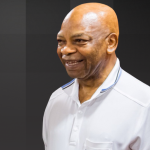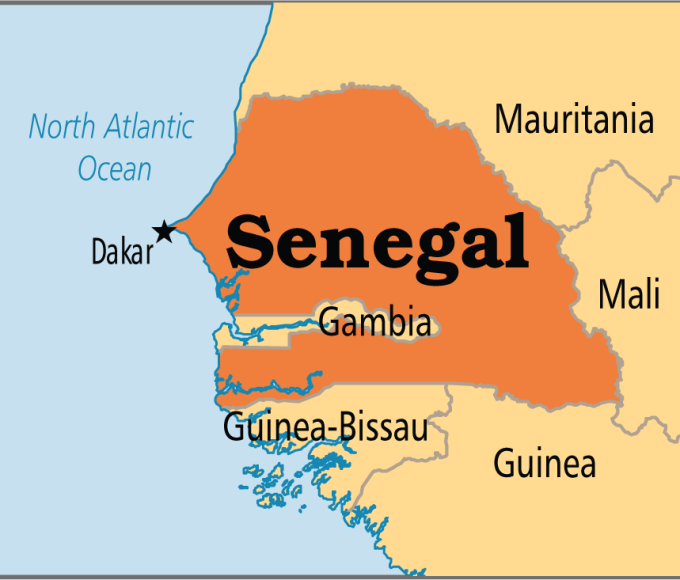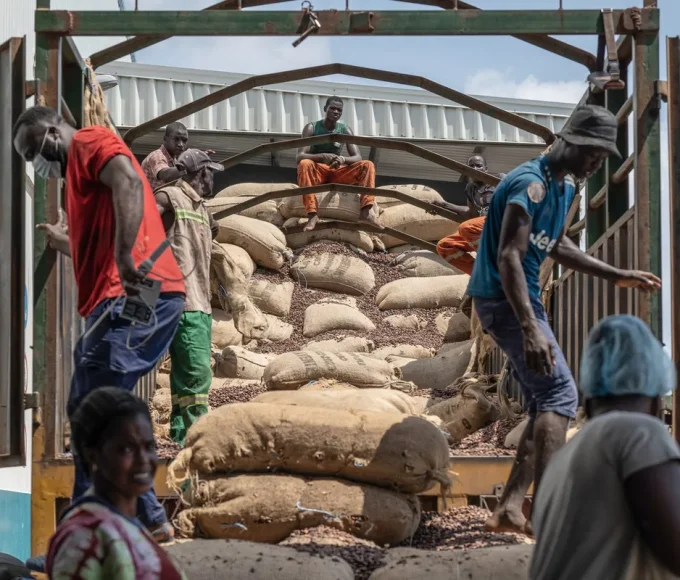
Canada Tightens International Student Policy, Ends Fast-Track Study Permits for Nigeria and SDS Countries

Immigration, Refugees and Citizenship Canada (IRCC) has announced it will no longer accept study permit applications under the Student Direct Stream (SDS) and the Nigeria Student Express (NSE) stream, effective November 8, 2024.
Henceforth, all international study permit applications must be submitted through the regular process, a change expected to impact thousands of aspiring students from countries previously eligible for expedited processing.
Introduced in 2018, the SDS program was aimed to streamline study permit applications for students from 14 key countries, including India, China, and the Philippines.
These students could submit language test scores and evidence of a $10,000 Canadian Guaranteed Investment Certificate (GIC) to meet financial requirements, expediting their entry into Canada.
By contrast, the NSE program, introduced in 2020 for Nigerian applicants, required proof of local bank funds equivalent to CAD 30,000 — three times the amount required under SDS — and at least 12 months of banking history. There are debates that the NSE’s more stringent requirements created a financial barrier for many Nigerian students.
IRCC clarified that all applications submitted before the November 8 cutoff at 2:00 p.m. ET would still be processed under the SDS or NSE streams. Applications submitted after this time will follow the standard permit route, which typically requires more processing time.
This change will not adversely affect eligibility for those who wish to apply for a study permit from a country where the SDS or NSE initiatives have been offered. All students…are required to meet Canada’s study permit application requirements, the IRCC statement read.
The policy shift comes amid wider efforts by Canada to manage its temporary resident population, including international students. As demand for study permits grows, the government is implementing measures to control the flow of new entrants through both work and study permit streams.
IRCC also introduced a cap of 437,000 new study permits for 2025, affecting master’s and PhD applicants, revised language requirements, restrictions on post-graduation work permits for specific fields of research and updated cost-of-living benchmarks for applicants to reflect a shift toward more selective criteria.
The SDS has historically been favoured for its high approval rates and faster processing times. For instance, the average processing time for applications from India, as of November, was around eight weeks, significantly faster than the regular process.
The NSE stream was piloted to respond to the SDS’s discontinuation in Nigeria, but stakeholders have criticised its more burdensome financial requirements as inequitable.
Recall that Canada also earlier announced scrapping the 10-year multiple-entry visa accorded to Nigerians and other foreign nationals in a bid to cut its increasing immigration population post-COVID-19.
Read Also: Canada Scraps Automatic 10-Year Multiple-Entry Visa For Nigerians, Other Foreign Nationals
Canadian Mining Company B2Gold Pays Mali $30 Million To Settle Mining Tax Dispute
About The Author
Related Articles
US Security Narrative Shifts from Terrorism to Mining in Nigeria
A new bill introduced in the United States Congress is drawing attention...
ByWest Africa WeeklyFebruary 12, 2026Galatasaray Ready to Sell Osimhen if Barcelona Meet €80m Valuation
Victor Osimhen could be on the move again as Spanish giants Barcelona...
ByWest Africa WeeklyFebruary 12, 2026Senegal Unveils $100m Onshore Oil and Gas Plan After Revoking Idle Licenses
Senegal is moving ahead with a new $100 million onshore oil and...
ByWest Africa WeeklyFebruary 12, 2026Ghana’s Cocoa Crown Under Threat as Nigeria, Ecuador and Indonesia Close In
Ghana’s position in the global cocoa industry is facing mounting pressure as...
ByWest Africa WeeklyFebruary 12, 2026












Leave a comment